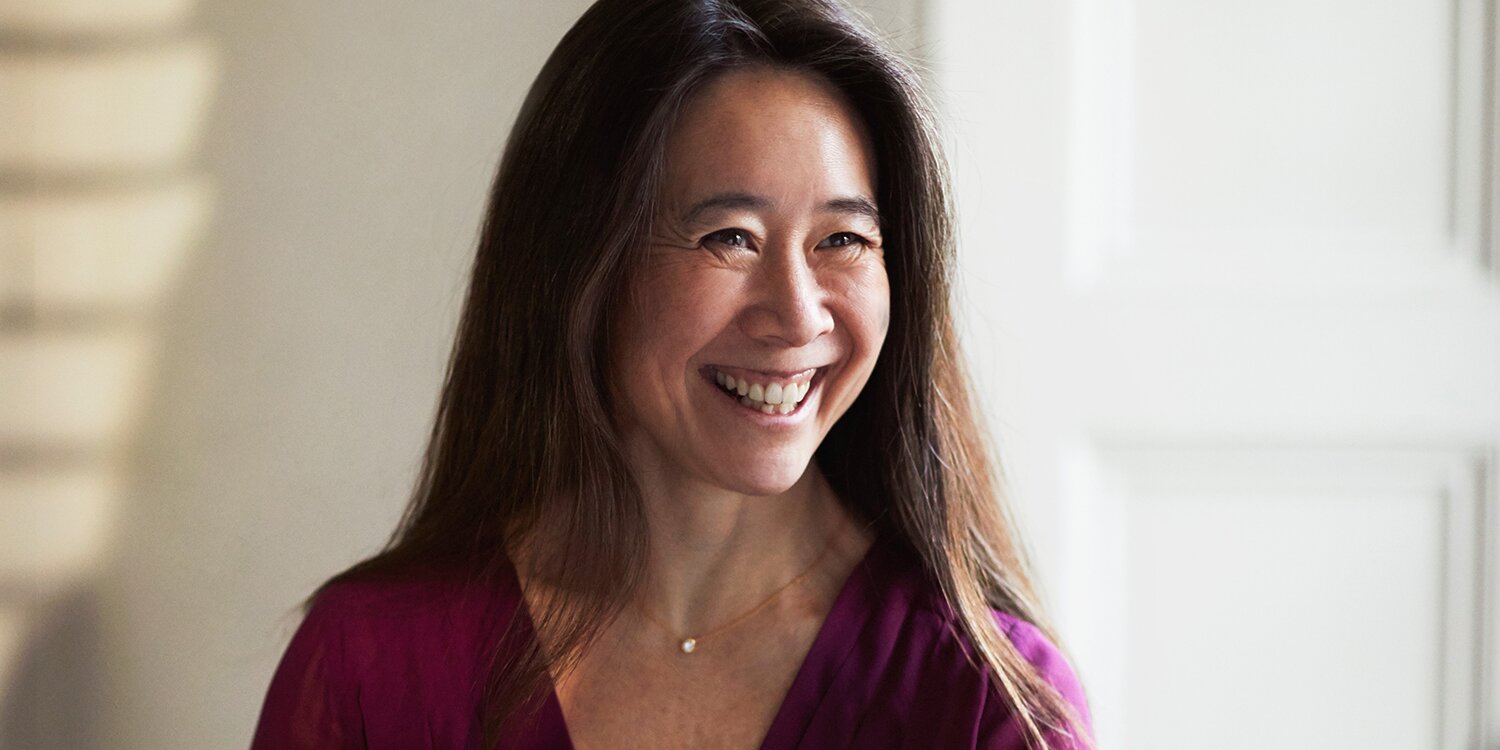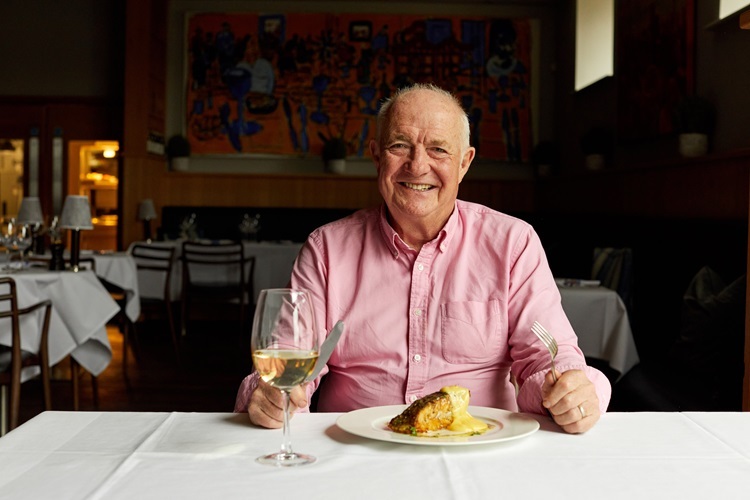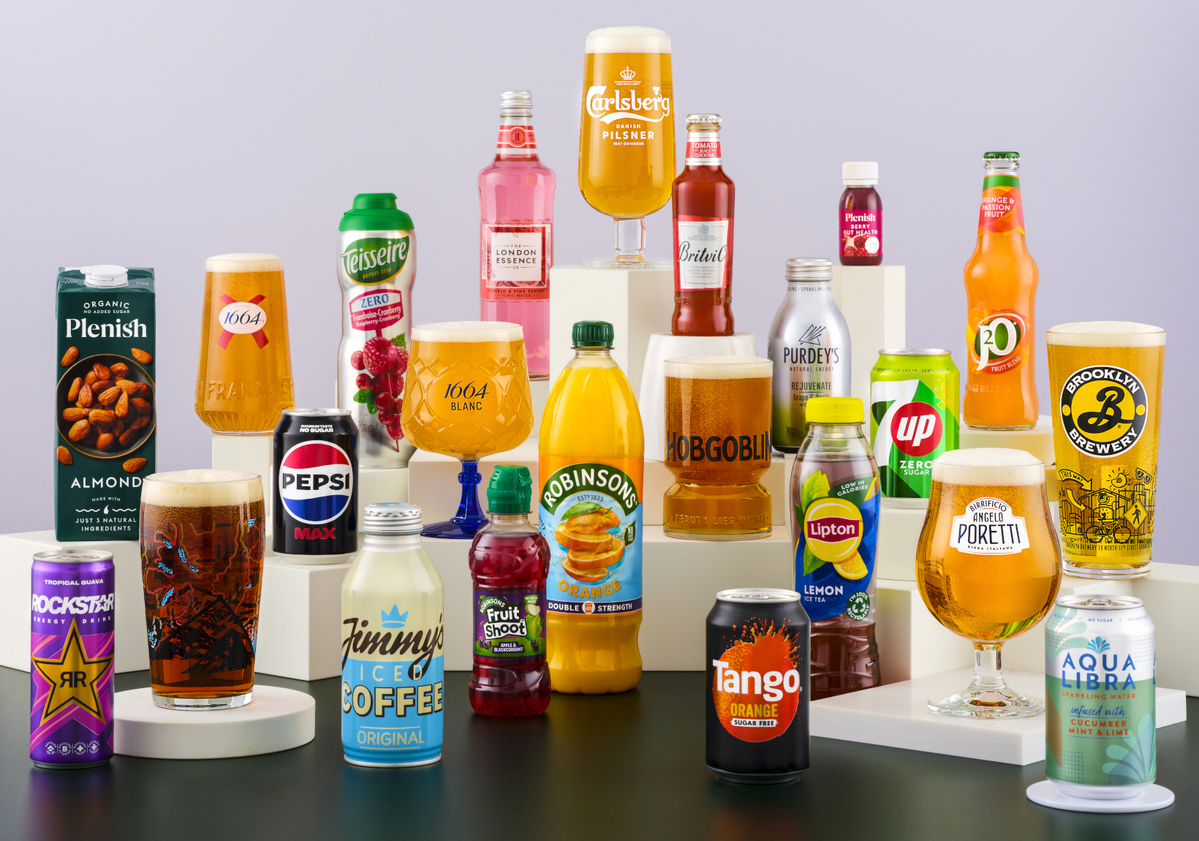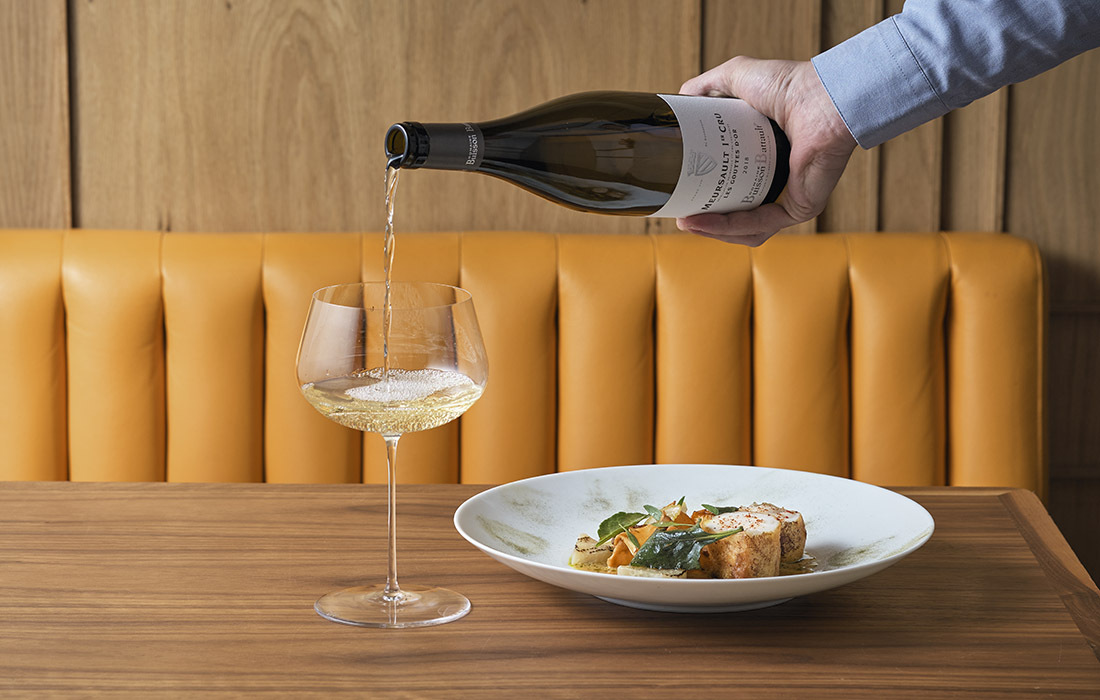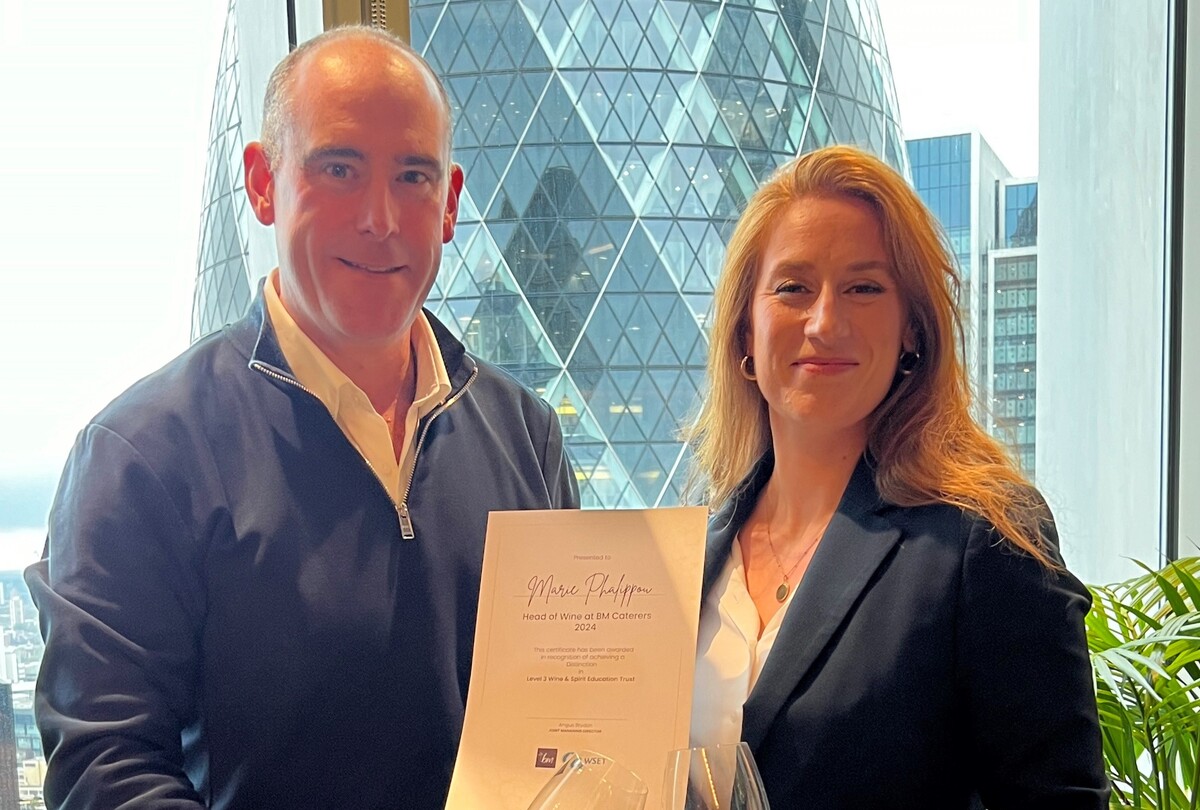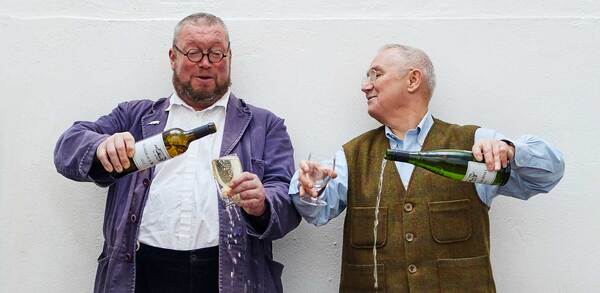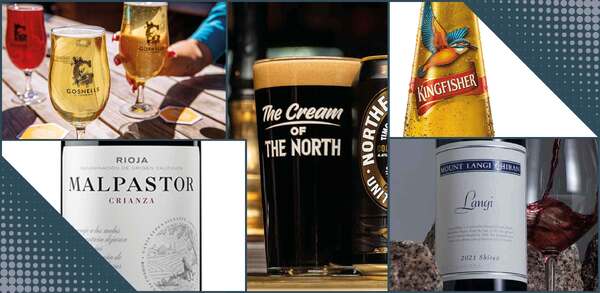Minute on the clock: Queena Wong, founder, Curious Vines
The founder of women-only wine network Curious Vines tells Alice Peacock how it’s important for women to have a space where they feel comfortable away from a male-dominated fine wine industry
How did the concept of Curious Vines come about?
I started Curious Vines to encourage women as consumers to learn more about wine in a less intimidating space where they could ask questions without judgement. The idea was to address gender bias and to give access to fine wine for women who showed interest and were financially able.
So what did you do?
What I have done without really meaning to is provide a space for women to gather. Some are isolated because their work environment is male-dominated, like some of the more traditional merchants. Or they may have created their own business, maybe because they needed work flexibility because of their personal lives – having children or elderly parents.
Covid put a stop to the initial group events, however I gathered so much intel from the ones we had that my desire to support fellow females shifted to women in the wine industry. I started running bootcamp sessions for Masters of Wine and events providing a space for women to gather and feel supported.
How would you describe your personal experience of being a woman in the wine industry?
As a fine wine collector, I have had some amazing men that have mentored me. I had a Champagne mentor, Burgundy mentors – amazing people, but the problem is that in that sphere, it only takes a few of the guys to wreck it for the rest of the good eggs that are out there.
What I experienced was a mixed bag and I felt that if I could increase the number of females in this sphere, this sort of stuff wouldn’t happen any more and I could give other women the confidence to sit at the table and not feel marginalised or patronised.
What are the most interesting wine trends you are seeing at the moment?
It’s not a new trend but interest in natural wine is something that is just going to get stronger and stronger. I tend to refer to it as low-intervention wine as I know the word natural turns people off. Ten years ago, not all natural wine was of quality and much of it had fault and now, unfortunately, people have to be re-educated to teach them that ‘no, that was just faulty natural wine’. Sake has also become really trendy.
Are you seeing the cost of living crisis impact buying habits?
People are looking for alternatives to things like Burgundy and Champagne and, as things are becoming more expensive and less accessible, we’re looking at new regions that can provide something similar but affordable.
How about the low and no-alcohol trend?
That segment is also seeing growth. I think younger people, like my three children, are drinking less, and so there is a push for a new type of low and no alcohol category which is very important because of health. Improving the flavour of those products is big.
What advice would you give to someone in the industry who would like to move into the world of wine?
It’s useful to get on the floor and work in hospitality to get a feel for wine in general. You learn a lot on the job, so do a year of service somewhere and have that exposure to wine to help you get into that space. There are a couple of career panel discussions I have curated that have been recorded by Bibendum Wine that look at wine buying and wine sales roles – they are in my LinkedIn and Instagram accounts. There are also many related options in PR, events and communication.
How do you celebrate with wine?
A friend has just brought a Big Green Egg barbecue so we’re going to be trying not to burn something on there, and there will definitely be some Champagne. If I were to say what my biggest arena is, as a collector, it’s definitely Champagne. It’s just such a joyous drink and I love sharing that with my friends.



